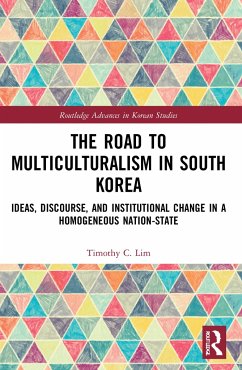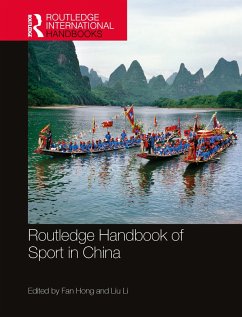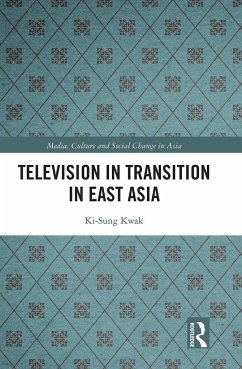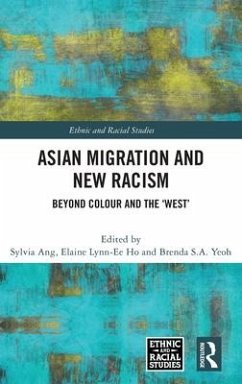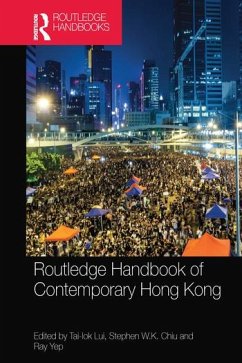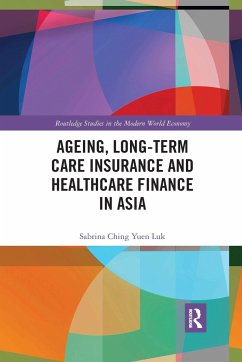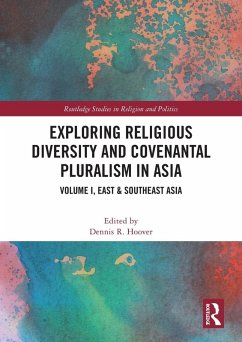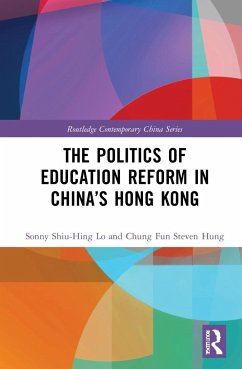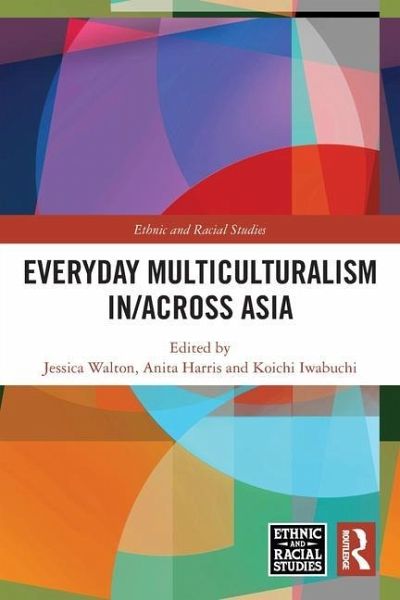
Everyday Multiculturalism in/across Asia
Versandkostenfrei!
Versandfertig in 6-10 Tagen
45,99 €
inkl. MwSt.
Weitere Ausgaben:

PAYBACK Punkte
23 °P sammeln!
What does it mean to bring Asia into conversation with current literature on everyday multiculturalism? This book focuses on the empirical, theoretical and methodological considerations of using an everyday multiculturalism approach to explore the ordinary ways people live together in difference in the Asian region while also drawing attention to increasing trans-Asian mobilities.The chapters in this collection encompass inter-disciplinary research undertaken in Australia, Hong Kong, Malaysia, Singapore and South Korea that explores some core aspects of everyday multiculturalism as it plays ou...
What does it mean to bring Asia into conversation with current literature on everyday multiculturalism? This book focuses on the empirical, theoretical and methodological considerations of using an everyday multiculturalism approach to explore the ordinary ways people live together in difference in the Asian region while also drawing attention to increasing trans-Asian mobilities.
The chapters in this collection encompass inter-disciplinary research undertaken in Australia, Hong Kong, Malaysia, Singapore and South Korea that explores some core aspects of everyday multiculturalism as it plays out in and across Asia. These include an increase in intraregional movements and especially labour mobility, which demands regard for the experiences of migrants from Burma, China, Nepal, The Philippines and India; negotiations of cultural diversity in nations where a multi-ethnic citizenry is formally recognised through predominantly pluralist models, and/or where national belonging is highly racialized; and intercultural contestation against, in some cases, the backdrop of a newly emergent multicultural policy environment. The book challenges and reinvigorates discussions around the relative transferability of an everyday multiculturalism framework to Asia, including concepts such as super-diversity, conviviality and everyday racism, and the importance of close attention to how people navigate differences and commonalities in local and trans-local contexts.
This book will be of interest to academics and researchers studying migration, multiculturalism, ethnic and racial studies, and to advanced students of Sociology, Political Science and Public Policy. It was originally published as a special issue of Ethnic and Racial Studies.
The chapters in this collection encompass inter-disciplinary research undertaken in Australia, Hong Kong, Malaysia, Singapore and South Korea that explores some core aspects of everyday multiculturalism as it plays out in and across Asia. These include an increase in intraregional movements and especially labour mobility, which demands regard for the experiences of migrants from Burma, China, Nepal, The Philippines and India; negotiations of cultural diversity in nations where a multi-ethnic citizenry is formally recognised through predominantly pluralist models, and/or where national belonging is highly racialized; and intercultural contestation against, in some cases, the backdrop of a newly emergent multicultural policy environment. The book challenges and reinvigorates discussions around the relative transferability of an everyday multiculturalism framework to Asia, including concepts such as super-diversity, conviviality and everyday racism, and the importance of close attention to how people navigate differences and commonalities in local and trans-local contexts.
This book will be of interest to academics and researchers studying migration, multiculturalism, ethnic and racial studies, and to advanced students of Sociology, Political Science and Public Policy. It was originally published as a special issue of Ethnic and Racial Studies.





